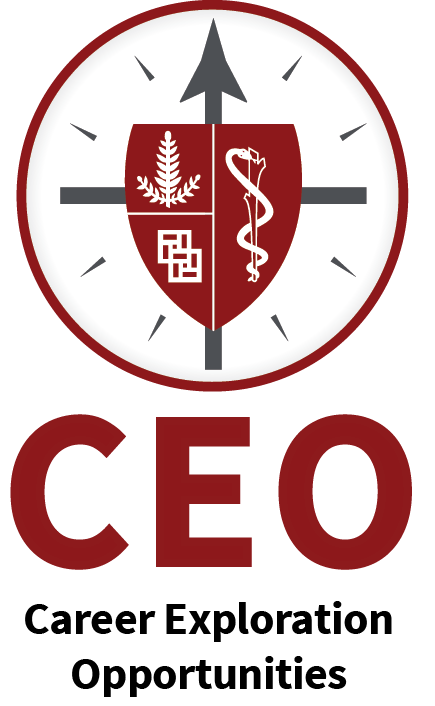
Faculty Support
Roles and Opportunities
As mentors, advisors/PIs play a vital role in helping trainees realize and pursue their academic and professional goals, by
- providing guidance and encouragement in their exploration of career options
- setting expectations for academic progress
- helping them identify their strengths and providing opportunities to apply these skills
- mentoring them in areas where they need more experience and feedback
- encouraging them to seek advice from other stakeholders or mentors
Advisors/PIs are encouraged to engage with trainees regarding their internship intent and goals. Such a discussion will prove mutually beneficial: it can help set expectations regarding research goals and help trainees and advisors work collaboratively towards the same, expected outcomes. A supportive and transparent relationship with the PI will pave the way for a successful, rewarding and productive experience for both.
The NIH recommends that graduate programs should offer early career exploration opportunities and experiences to equip students for various career options, in order to make them "more competitive for the next phase of their career."
"Diverse types of training (e.g. project management and business entrepreneurship skills needed in the pharmaceutical and biotechnology industries, or teaching experiences needed for a successful faculty position in liberal arts colleges) would be particularly valuable for those who go on to conduct NIH-funded research as well as benefit those students who do not follow the academic research career track."
—2012 NIH Biomedical Workforce Report
In light of these recommendations, the Committee on Graduate Admissions and Policy (CGAP) supports and has recommended the CEO program's mission to provide structure and management of meaningful and practical career exploration activities, such as internships, for trainees.
CGAP Statement of Support for the CEO Internship Development Plan
In light of the 2012 NIH Biomedical Workforce Report recommendation that graduate programs offer early career exploration opportunities and experiences to equip students for various career options, in order to make them "more competitive for the next phase of their career," and because of the significant benefit of such programs for students, CGAP is pleased to announce its support of the Career Exploration Opportunities (CEO) Internship Development Program. This program's mission is to provide structure and management of meaningful and practical experiences that allow students to learn about the myriad career opportunities available to them. To do this, we offer curriculum and policies that allow trainees to intentionally target and pursue internships with minimal interruption to their training. These offerings and requirements have been developed via a faculty/trainee committee, in conjunction with the School of Medicine Career Center (SoMCC), and include a program application, recommendation for leave of absence, and faculty advisor signature to ensure trainees have thoughtfully considered the benefits of an internship, taken action to prevent funding conflicts, and have proactively planned for academic/professional goal integration.
Our students are very enthusiastic about this opportunity and similar programs at other institutions have shown internship experiences to endow trainees with skills that enrich the quality of their academic research. We anticipate similar positive outcomes of efficient completion of training, broader understanding of scientific applications, and improved communication and interpersonal skills once trainees return to Stanford. Program success and effectiveness will be continuously assessed and monitored by feedback from students, advisors, and organization sponsors and policies will be monitored and managed through the faculty/trainee committee and the SoMCC.
Benefits
Advisors/PIs can expect trainees to return from their internship experiences with a number of valuable skills that will enrich the quality of their academic research, including:
- a strong sense of direction and drive to complete their training
- greater leadership and professionalism for peer-to-faculty and peer-to-peer interactions
- reinforced passion for science and appreciation for its broader applications
- improved interpersonal skills that will help them communicate their research to wider audiences

